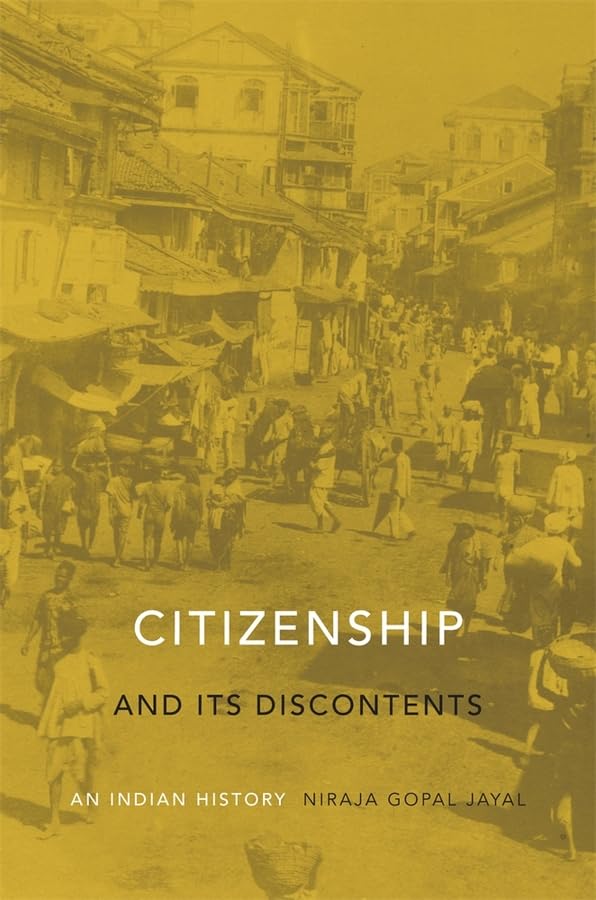
In her book Citizenship and Its Discontents: An Indian History, Niraja Gopal Jayal provides a comprehensive and critical analysis of the evolution of citizenship in India. She argues that India’s conception of citizenship is unique, in that it is based on a complex interplay of legal status, rights, and identity.
Jayal begins by tracing the historical development of citizenship in India, from the colonial period to the present day. She shows how the concept of citizenship has been shaped by a variety of factors, including the influence of British colonial law, the Indian nationalist movement, and the country’s post-independence experience.
Jayal then goes on to examine the different ways in which citizenship has been conceptualized and contested in India. She argues that citizenship is not a fixed or monolithic concept, but rather a dynamic and contested one. She identifies a number of different conceptions of citizenship in India, including civic citizenship, social citizenship, and cultural citizenship.
Jayal also examines the various ways in which citizenship has been denied or restricted in India. She discusses the exclusion of certain groups from citizenship, such as women, religious minorities, and Dalits. She also discusses the ways in which citizenship rights have been eroded by neoliberal economic policies and by the rise of Hindu nationalism.
Jayal concludes by arguing that India’s conception of citizenship is in need of reform. She calls for a more inclusive and egalitarian conception of citizenship that recognizes the rights of all citizens, regardless of their social or economic status.
